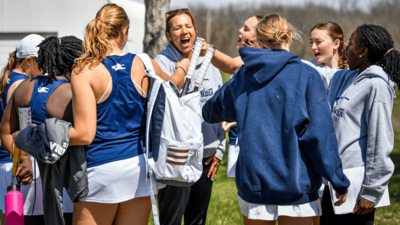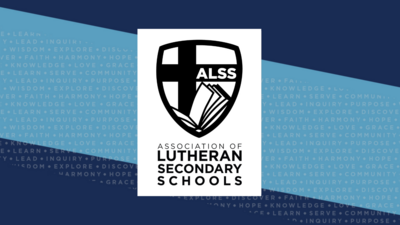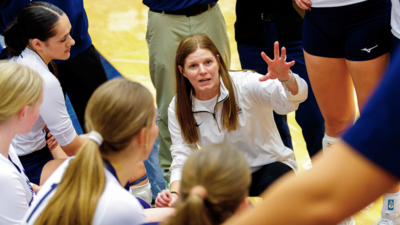The Role of Sports Psychology in Athletic Performance

Athletes spend countless hours training their bodies, perfecting technique and developing strength, speed and endurance. But increasingly, coaches, trainers and competitors are recognizing that athletic performance is not only physical; it is also deeply mental. Sports psychology, the study of how psychological factors affect performance and how participation in sport and exercise affects psychological development, offers athletes tools to sharpen focus, build resilience and perform at their best under pressure.
What is Sports Psychology?
Sports psychology blends principles of psychology with sport and exercise science. It examines how motivation, confidence, stress, anxiety, concentration and teamwork influence performance. For example, two athletes may have similar physical abilities, but the one who can manage nerves, stay focused and remain motivated is more likely to succeed in competition.
Sports psychologists work with athletes at all levels, from high school players to Olympic competitors, to strengthen mental skills that contribute to peak performance. These skills often mirror the qualities that contribute to success beyond the playing field: discipline, adaptability and mental resilience.
Key Areas of Sports Psychology in Performance
Motivation and Goal Setting
Motivation is one of the most critical drivers of performance. Athletes must find ways to sustain effort through long training seasons, setbacks and plateaus. Sports psychologists help athletes set realistic, measurable goals and connect those goals to personal values. Goal setting not only builds motivation but also creates a clear path for progress and accountability.
Confidence and Self-Belief
Self-confidence is closely linked to performance. Athletes who believe in their abilities are more likely to take risks, recover from mistakes and persist in the face of challenges. Sports psychology interventions often include techniques such as positive self-talk, visualization and affirmations to help athletes reinforce belief in their skills.
Concentration and Focus
In high-pressure moments, distractions, whether from the crowd, opponents or internal doubts, can quickly derail performance. Sports psychologists teach athletes techniques to improve concentration, such as mindfulness exercises, pre-performance routines and control strategies. These tools help athletes stay locked in on the present moment and task at hand.
Coping with Anxiety and Stress
Competition often produces stress, which, if unmanaged, can negatively impact performance. Performance anxiety can show up as muscle tension, negative thinking or “choking” under pressure. Sports psychology provides athletes with coping mechanisms like deep breathing, progressive muscle relaxation and mental rehearsal to reduce stress and increase composure.
Team Dynamics and Communication
For team sports, performance isn’t only about individual athletes but also about group cohesion. Sports psychology can improve team dynamics by enhancing communication, building trust, and fostering leadership skills. Coaches who use sports psychology principles can create more supportive and successful team environments.
Resilience and Recovery
Injuries, losses and unexpected changes are part of an athlete’s journey. Sports psychology equips athletes with resilience-building strategies, helping them recover mentally and emotionally from setbacks. This resilience often translates into long-term persistence and sustained improvement.
Practical Applications for Athletes
Sports psychology is not only for elite athletes. Anyone who participates in sport or exercise can benefit from its principles. Practical ways athletes can apply sports psychology include:
Visualization - Mentally rehearsing a skill or competition to strengthen confidence and improve execution.
Routine building - Developing consistent pre-performance rituals to reduce anxiety and increase focus.
Self-talk - Replacing negative or doubtful thoughts with constructive, empowering statements.
Mindfulness - Practicing staying present during training and competition rather than worrying about past mistakes or future outcomes.
Even recreational athletes or fitness enthusiasts can use these tools to boost motivation and enjoy their sport more fully.
Why Sports Psychology Matters
The mental game often separates good athletes from great ones. By integrating sports psychology techniques into training, athletes can enhance not only their performance but also their overall well-being. Mental skills like focus, resilience and confidence carry benefits beyond the game, supporting academic, professional and personal success.
What You’ll Gain at Concordia University, Nebraska
For those interested in a deeper understanding of sports psychology and its role in performance, pursuing advanced study in sport and athletic administration is a valuable path.
At Concordia University, Nebraska, you won’t just read about mental skills—you’ll actually practice them. The course work in our Master of Science in Athletic Administration (M.S.A.A.) program blends sport psychology with leadership opportunities and faith formation to prepare you for your fieldwork which you can apply at your school tomorrow.
As a Christ-centered university, Concordia Nebraska also integrates faith into the study of athletics. Students are encouraged to view sports psychology and leadership not only through the lens of performance, but also through service, character formation and vocation. This perspective helps graduates lead with integrity, nurture athletes’ mental and spiritual well-being, and build team cultures rooted in respect and purpose.
Concordia’s M.S.A.A. program serves professionals across multiple settings – K-12 schools, colleges and club settings – making it ideal for coaches, athletic directors and educators who want to elevate both performance and leadership within their programs.
Here, you’ll learn from currently practicing athletic administrators, lawyers, NIAAA national faculty, professors with doctorates in sports management and other industry professionals. Engage in NIAAA leadership courses, NAIA/NCAA compliance modules and state athletic director association partnerships, gaining knowledge that is both nationally recognized and locally relevant.
Whether you’re a coach, athletic director or educator, Concordia’s M.S.A.A. program provides the knowledge and skills to foster healthier, more effective athletic environments. By combining sports psychology principles with leadership training, graduates are equipped to make a lasting impact on athletes and communities.
Take your passion for athletics further. Learn how Concordia University, Nebraska’s Master of Science in Athletic Administration can prepare you to lead with both skill and purpose.
Interested in Concordia Nebraska's M.S.A.A. program?
Related Stories


